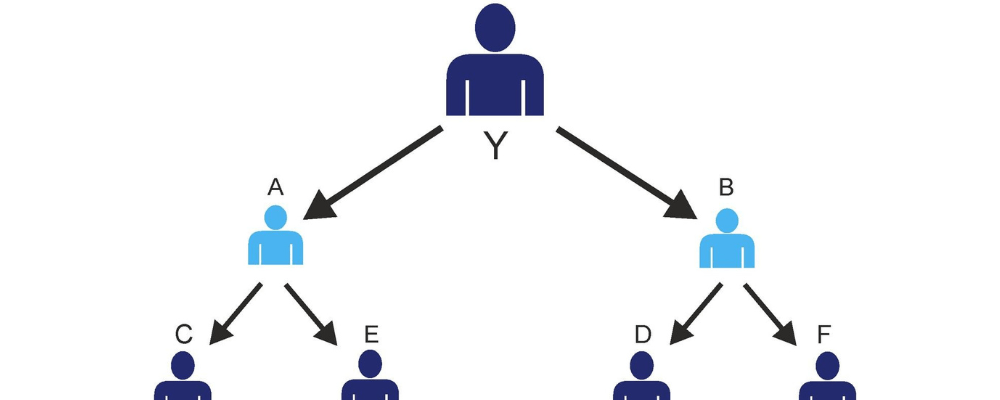Free shipping on orders of $100 or more!
Blog
Multi-Level Marketing (MLM): Definition and Example
MLM, or multi-level marketing, is a marketing technique used by businesses to advertise and sell their goods or services to consumers directly through a network of independent distributors. In this business model, distributors are not only given the chance to sell the items, but also to establish their own sales teams, allowing them to profit from both their own direct sales and the sales of the team members they have attracted. Due to the focus on creating a network of distributors, MLM is frequently referred to as network marketing.
How MLM Works: The Structure
Multiple levels of distributors make up the hierarchical network that is the MLM structure. Based on their sales performance and the performance of their downline (the distributors they recruit), each distributor has the opportunity to rise in rank and get bigger rewards.

- Distributor Level 1 (Independent Distributors)
The MLM network’s independent distributors are its foundation. They purchase the company’s products at a discount and resale them to retail clients for the full retail price. Distributors receive a commission depending on the price differential between wholesale and retail.
- Recruiting and Building a Downline
One of the characteristics of MLM is the opportunity of distributors to add new people to their team as downline distributors. When a distributor successfully onboards a new employee, the distributor becomes their sponsor, and the employee enters their downline. The sponsor gets commissions from the sales that their downline makes.
- Advancing in Ranks
As long as distributors maintain adding new team members and expanding their teams, they can advance through the MLM organization’s levels. With each rank advancement, distributors could gain access to new benefits like higher commission rates, bonuses, and other rewards.

- Teamwork and Support
MLM companies usually promote a sense of solidarity and cooperation among distributors. Sponsors support their downline by providing training, mentorship, and advice in order for them to succeed in their sales activities and build their own teams.
Conclusion
People have the opportunity to launch their own businesses and earn from the sales efforts of both themselves and the team members they hire thanks to a unique business model known as multi-level marketing. MLM can provide flexible business opportunities and attractive benefits, but before becoming involved, it’s important for people to conduct their research and completely understand the MLM company’s products, compensation plan, and support system.
Like any business enterprise, MLM success requires dedication, hard work, and expert marketing skills. MLM can be a successful alternative for those seeking to launch their own businesses and achieve financial independence provided it is done so with knowledge and initiative.
Recent Blogs

